Search
Remove Ads
Advertisement
Summary 
Loading AI-generated summary based on World History Encyclopedia articles ...
Search Results
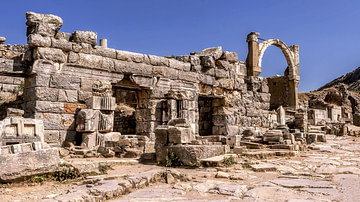
Definition
Ephesus
According legend, Ephesus (also Ephesos) was founded by the tribe of the Amazons, great female warriors. The name of the city is thought to have been derived from "Apasas", the name of a city in the "Kingdom of Arzawa" meaning the "city of...
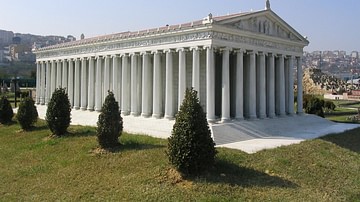
Definition
Temple of Artemis at Ephesus
The Temple of Artemis at Ephesus was located on the western coast of Asia Minor (modern Turkey) and built in the 6th century BCE. Such was its tremendous size, double the dimensions of other Greek temples including the Parthenon, that it...
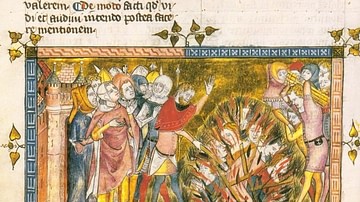
Article
Origins of Christian Antisemitism in the Gospels
Antisemitism is a modern term that describes prejudice and hostility to Jews and Judaism. The term is derived from the later social scientific categorization of the subfamily of the Afro-Asiatic languages of Hebrew, Aramaic, Arabic, and Amharic...

Article
The Origins of Christian Teachings on Human Sexuality
The Bible is often quoted in the modern discourse concerning human sexuality, gender identification, same-sex marriages, birth control, and especially abortion. However, most modern Christian teaching evolved from the writings of the Church...

Definition
Heraclitus of Ephesus
Heraclitus of Ephesus (l. c. 500 BCE) was one of the early Pre-Socratic philosophers who, like the others, sought to identify the First Cause for the creation of the world. He rejected earlier theories such as air and water and claimed that...
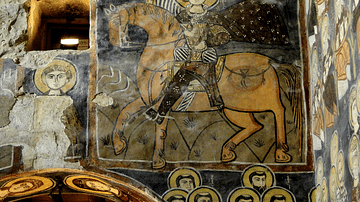
Article
Interview: Medieval Christian Art in the Levant
Medievalists retain misconceptions and myths about Oriental Christians. Indeed, the fact that the Middle East is the birthplace of Christianity is an afterthought for many. During the Middle Ages, Christians from different creeds and confessions...

Article
The Monastic Movement: Origins & Purposes
In 313 CE, Constantine the Great (272 – 337 CE) ended the sporadic-yet-terrifying Christian persecutions under the Roman Empire with his “Edict of Milan,” and brought the Christian church under imperial protection. Not surprisingly, public...
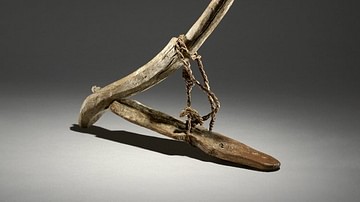
Article
Origins of World Agriculture
Agriculture arose independently at several locations across the world, beginning about 12,000 years ago. The first crops and livestock were domesticated in six rather diffuse areas including the Near East, China, Southeast Asia, and Africa...

Article
Christian Antisemitism in the Middle Ages & during the Reformation
Antisemitism is a modern term that describes prejudice and hostility to Jews and Judaism. The origins of Christian antisemitism in the gospels are based on the story of a 1st-century itinerant Jewish preacher, Jesus of Nazareth, in the Roman...
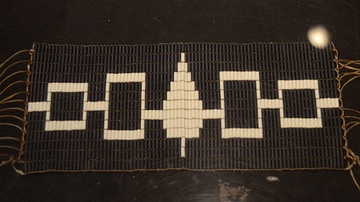
Article
Origins of the Haudenosaunee (Iroquois) Confederacy
The Haudenosaunee, also known as the Iroquois Confederacy, Iroquois Five Nations, or the Iroquois League, was one of the most powerful Native American polities north of the Rio Grande. They arrived in the historical record in the 16th-century...